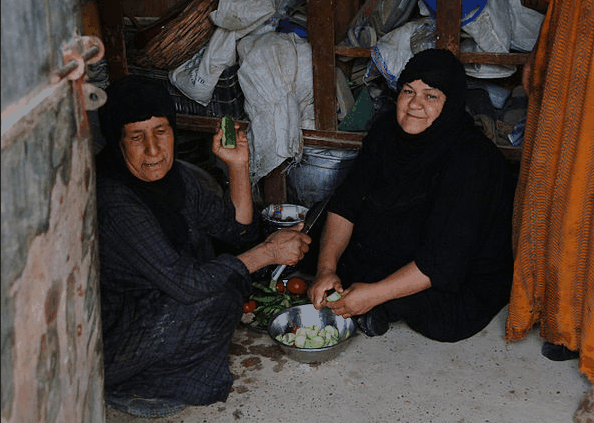By Dr Natalie Schoon, Islamic finance expert.
This article was original published by Nina Magazine, (www.nina-iraq.com) and is republished here with their permission.
It is un-Islamic for Muslim women to laugh out loud in public. At least, this is what was stated by a senior Turkish cabinet member early summer 2014. Unfortunately, he is not alone in this belief. The question is whether this is really related to Islam, or whether there is a deeper underlying reason. Is it perhaps the case that women should not be seen or heard because men cannot control themselves?
Disregarding the origin of the issue, it has a significant impact on women in every aspect including their position in the workplace and as entrepreneurs. If women are not allowed to make themselves heard, how are they expected to participate as full members of a country’s economy?
It could be much worse. In some countries such as Afghanistan and Pakistan, women can be jailed for ‘moral crimes’ such as being the victim of rape, or running away from forced marriage and domestic violence[1]. It is this type of behaviour that leads people globally to believe that Muslim women are inferior to men. There is, however, no ground for any inequality or this type of behaviour in the Quran and the Hadith[2] in which it is recognised that men and women differ, but neither of them is considered superior to the other. Their roles are complementary and supplemental which is for example supported by Sura Al-Ahzaab in the Quran which mentions men and women in equal measure.
Contrary to other religions in which the role and independence of women is significantly limited, within Islam women have been granted independence which clearly shows from both the Quran and the Hadith. Women have the right to own, use and dispose of their own property, they cannot be forced into marriage, they retain their own name and identity after marriage, can initiate divorce, and are entitled to an education (‘To seek knowledge is an obligation on every Muslim, male and female’).





